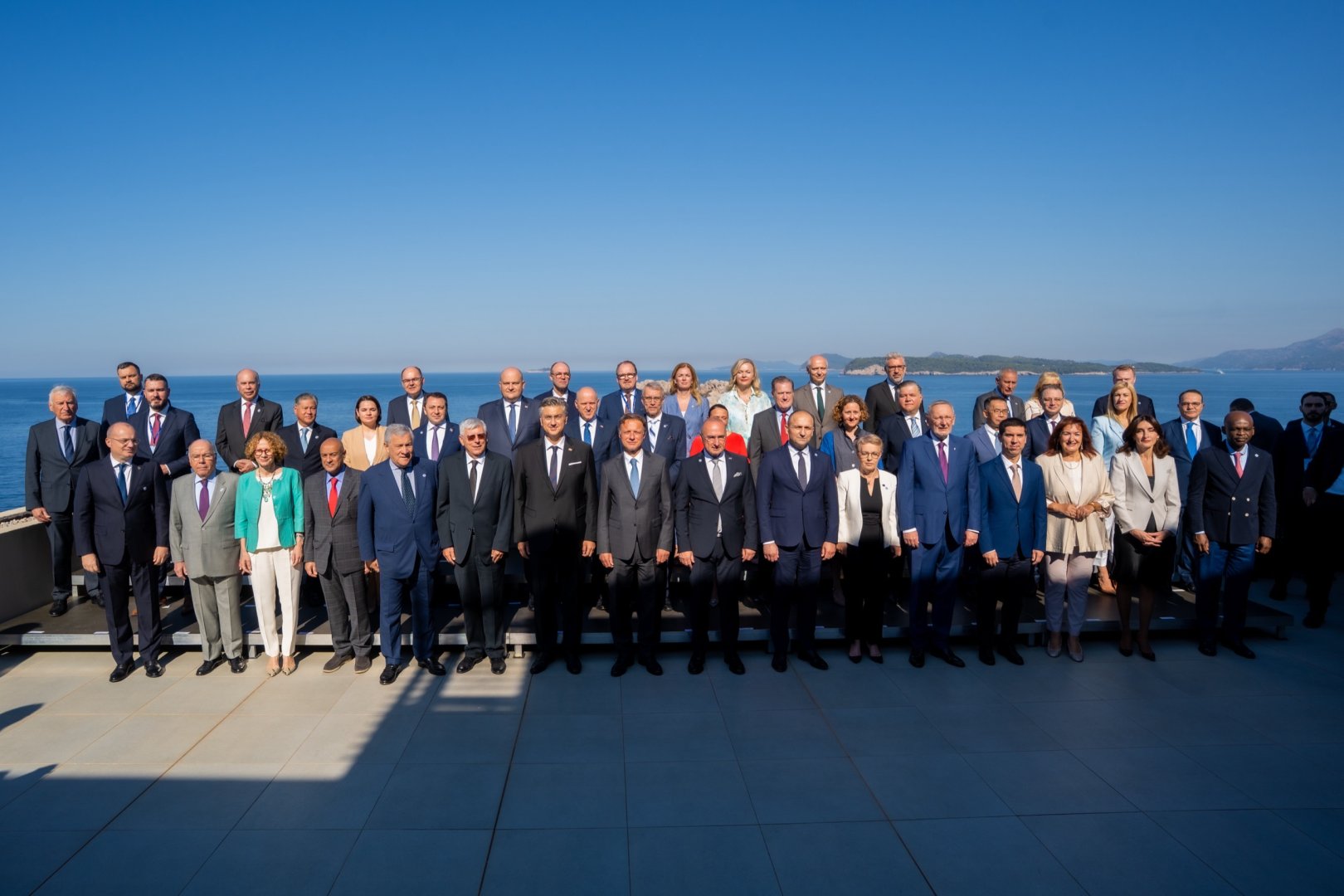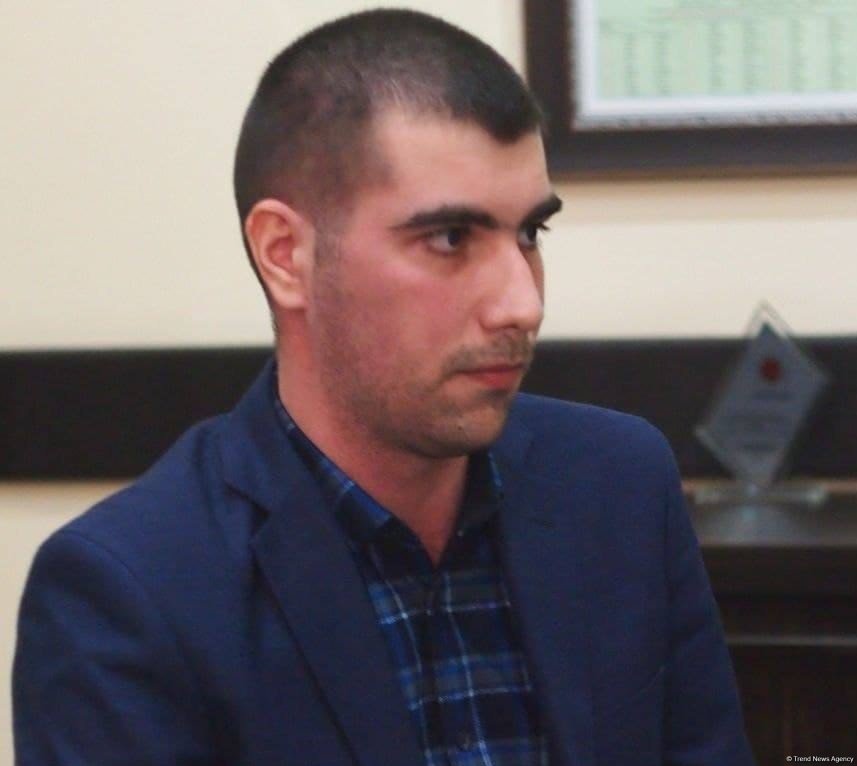BAKU, Azerbaijan, July 14. In Dubrovnik — a symbol of Croatia’s diplomatic heritage, intercultural dialogue, and international cooperation — the 18th edition of the Dubrovnik Forum was held, under the overarching theme “Channeling Change”, Trend reports via the Foreign Ministry of Croatia.
The two-day event, organized by the Ministry of Foreign and European Affairs of the Republic of Croatia, brought together around 500 participants, including political leaders, experts, academics, and young leaders from Europe and around the world.
The conference served as an open platform to discuss key challenges and opportunities in an era marked by deepening global divisions and rapid transformation.
Key focus areas included restoring trust, strengthening Europe’s defense capabilities, cooperation between the Global North and South, transatlantic relations, and the role of artificial intelligence in Europe’s competitiveness and security.
The Forum was opened by Gordan Jandroković, Speaker of the Croatian Parliament, Urška Klakočar Zupančič, President of the Slovenian National Assembly, and Theodoros Rousopoulos, President of the Parliamentary Assembly of the Council of Europe. All emphasized the importance of mutual understanding, respect for human dignity, and collective action in facing today’s challenges.
A total of 17 panels and two special events were held, featuring high-level officials from Croatia and abroad. Among them was Croatian Prime Minister Andrej Plenković, who participated in the main leaders’ panel “Channeling Change” and held a series of bilateral meetings. Notable participants included senior officials from Africa, Asia, Europe, Latin America, and the United States, as well as the Secretary-Generals of the OECD and the WTO, along with representatives from international organizations such as NATO, the UN, and OSCE.
A highlight was the participation of OECD Secretary-General Mathias Cormann, who led a session dedicated to Croatia’s progress in meeting the criteria for OECD accession. It was confirmed that Croatia has made significant and recognized progress and is close to full membership, with continued support for its reform efforts.
Panel topics were diverse, ranging from the future of global trade, European defense, digital transformation and artificial intelligence, to security and integration in the Western Balkans and new regional initiatives such as the New Pact for the Mediterranean and the Three Seas Initiative. A panel on the varied interpretations of Western values and the role of young leaders from the West and the rest of the world in global cooperation also attracted significant attention.
The Forum also featured a commemorative program marking the 30th anniversary of the Split Declaration, signed on July 22, 1995, which affirmed the alliance between Croatia and Bosnia and Herzegovina, paving the way for ending armed conflict and creating the political groundwork for the Dayton Peace Agreement. The discussion brought together former foreign ministers, diplomats, and historians, who shared messages of peace and stressed the importance of historical truth as a commitment to the future of Croatia-Bosnia and Herzegovina relations.
As part of the Forum, a ministerial meeting between Ukraine and Southeast European countries was held, reaffirming support for Ukraine’s sovereignty, territorial integrity, and democratic aspirations. Croatian Foreign Minister Gordan Grlić Radman stated that “there is no free and successful Europe without a free and successful Ukraine.” The meeting included Ukraine’s Foreign Minister Andriy Sybiha, as well as representatives from Albania, Montenegro, Greece, Kosovo, Moldova, Romania, North Macedonia, Slovenia, Serbia, and Turkey.
Concluding the Forum, Minister Grlić Radman emphasized that the Dubrovnik Forum serves as a bridge between East and West, North and South — an ideal venue for promoting dialogue, cooperation, and guiding change toward a better future.
Stay up-to-date with more news on Trend News Agency's WhatsApp channel







